Freud’s lesser-known eccentricities.
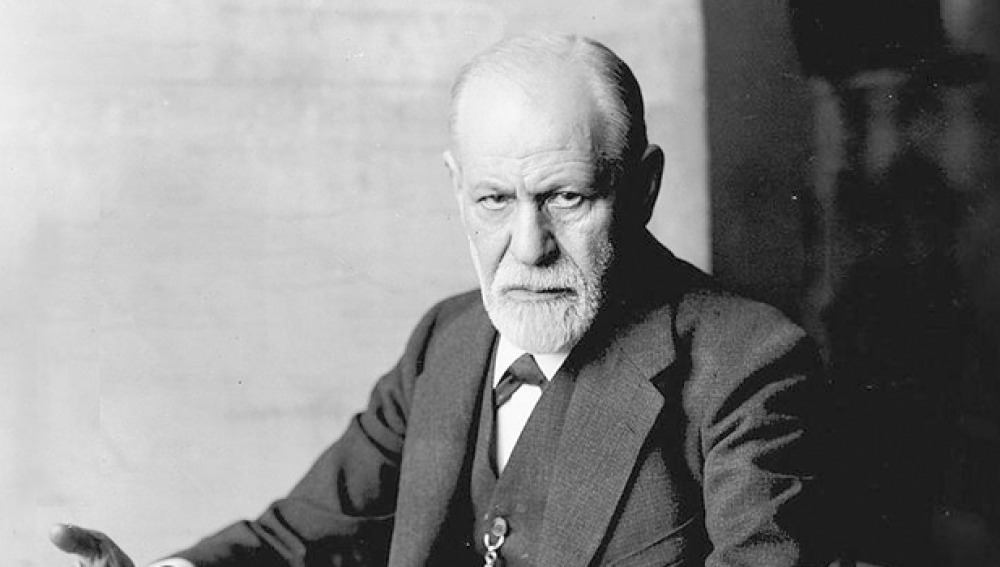
Beyond the iconic couch and the labyrinthine theories of the unconscious, Sigmund Freud, the father of psychoanalysis, harbored a fascinating collection of personal quirks and peculiar habits that often escape the popular narrative. These idiosyncrasies, while seemingly minor, offer a unique glimpse into the mind of a man who spent his life dissecting the complexities of human behavior, revealing a more relatable and perhaps even surprising side to the towering intellectual figure.
From his meticulous routines to his unconventional comforts, these lesser-known facets of Freud’s daily life paint a vivid picture of a man deeply immersed in his work, yet undeniably shaped by his own unique predilections. They remind us that even the most profound thinkers are, at their core, individuals with their own set of endearing and sometimes perplexing habits that contribute to the rich tapestry of their personal and professional lives.
1. He meticulously collected antiquities.
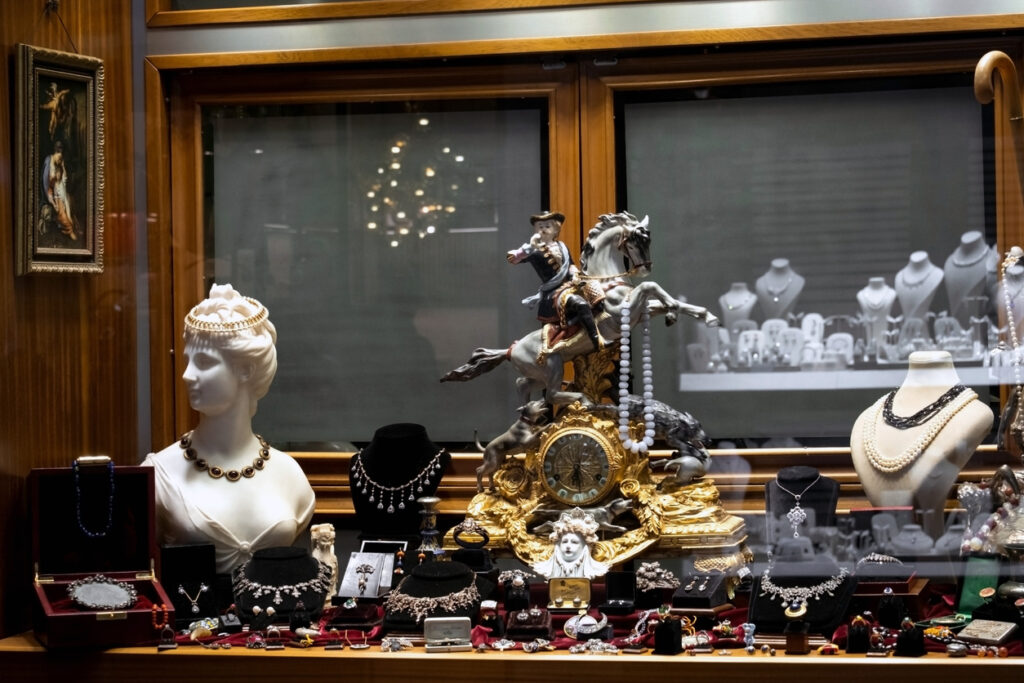
Freud possessed a deep fascination with ancient artifacts, amassing a collection of over 2,000 pieces including Egyptian, Greek, and Roman statues, figurines, and reliefs. These objects were not merely decorative; they were often present in his consulting room, and he frequently used them as prompts during his analytical sessions. He saw parallels between the excavation of ancient civilizations and the exploration of the human psyche, viewing the unearthed relics as tangible representations of the past that influenced the present. This passion provided a constant source of inspiration and contemplation for him.
He was particular about their arrangement, often rearranging them to suit his mood or the focus of his current work. This meticulousness extended to his study, which was a veritable museum of his intellectual pursuits. It’s a testament to his belief in the power of symbolism, even in his immediate surroundings, according to historian Peter Gay’s biography of Freud. The presence of these ancient pieces reflected his profound interest in the historical layers of the human mind.
2. His love for cigars was legendary.

Freud was an inveterate smoker, famously consuming up to 20 cigars a day. This habit, which he maintained despite numerous health warnings and the development of oral cancer, was deeply ingrained in his daily routine and intellectual process. He believed that smoking enhanced his concentration and stimulated his creative thinking, often attributing breakthroughs in his theories to the meditative state induced by a good cigar.
Despite undergoing multiple surgeries for his cancer, he found it nearly impossible to abandon his beloved cigars. This unwavering dedication to his habit highlights a fascinating contradiction in his character: a brilliant mind dissecting human compulsions, yet deeply susceptible to one himself, as stated by his colleague Max Schur. The comfort and intellectual stimulation he derived from smoking clearly outweighed the considerable health risks.
3. He had a peculiar aversion to music.

Surprisingly for a man of such intellectual depth and cultural refinement, Freud harbored a distinct dislike for music. He found it distracting and emotionally overwhelming, preferring the quiet contemplation of his thoughts to the structured melodies of compositions. While he appreciated art and literature, music, for him, lacked the precision and intellectual rigor he sought in other forms of expression, as reported by his daughter Anna Freud.
This aversion extended to attending concerts or operas, which he largely avoided throughout his life. He felt that music bypassed the intellect and directly appealed to raw emotions, which he, as a psychoanalyst, preferred to dissect and understand rather than simply experience. His preference for silence over sound underscored his emphasis on internal reflection.
4. He was an avid mushroom picker.

Beyond the confines of his study and the intricacies of the human mind, Freud found solace and enjoyment in the simple act of mushroom picking. He would often venture into the Viennese woods, meticulously searching for edible fungi. This seemingly mundane pastime offered a stark contrast to his demanding intellectual work, providing him with a much-needed escape and a connection to nature.
This activity was not just a hobby; it was a way for him to clear his mind and engage in a different kind of observation. The meticulousness required in identifying different species of mushrooms mirrored the precision he applied to his analytical work, albeit in a far more relaxing context. It offered a quiet, personal ritual away from the complexities of his professional life.
5. He kept detailed dream diaries.

Freud’s groundbreaking work on dream interpretation stemmed directly from his own rigorous self-analysis and his meticulous habit of recording his dreams. He maintained extensive dream diaries, documenting his nocturnal narratives with extraordinary detail. These personal records served as the primary raw material for his theories on the unconscious mind, providing him with invaluable insights into the hidden desires and conflicts that shape human behavior.
His dedication to this practice was unwavering, demonstrating his profound belief in the significance of dreams as a “royal road to the unconscious.” He approached his own dreams with the same analytical rigor he applied to his patients’, constantly seeking patterns, symbols, and underlying meanings. This continuous self-exploration was foundational to his revolutionary contributions to psychology.
6. He had a specific writing routine.
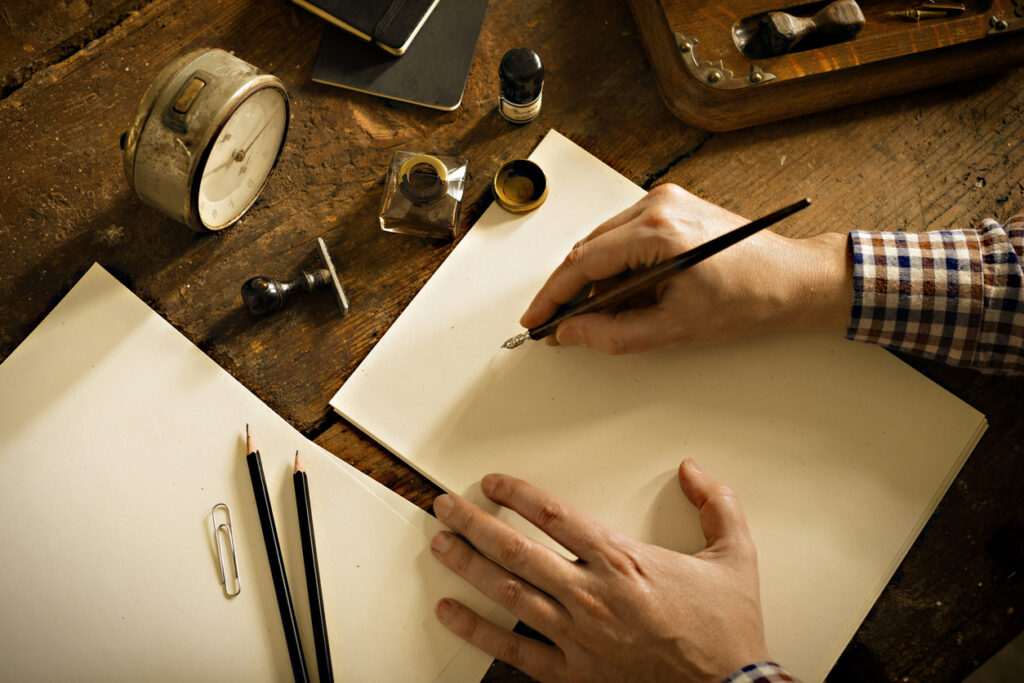
Freud maintained a very particular writing routine, often working late into the night. He found the quiet hours conducive to deep concentration and sustained intellectual effort. He would typically begin his writing sessions after his clinical work was done, often fueled by his ever-present cigars.
This nocturnal habit allowed him to delve deeply into his thoughts without interruption, crafting his intricate theories and case studies with meticulous care. He believed that the solitude of the late hours fostered the necessary introspection for his demanding intellectual pursuits. His unwavering commitment to this routine highlighted his discipline and dedication to his work.
7. He preferred formal attire, even at home.

Even within the privacy of his own home, Freud maintained a preference for formal attire. He was rarely seen in casual clothes, even when relaxing or engaged in leisure activities. This adherence to a strict dress code reflected a broader sense of order and seriousness that permeated his life, both professional and personal.
This formal presentation underscored his self-perception as a serious scholar and a professional, even when not in direct contact with patients or colleagues. It was a subtle yet consistent element of his personal discipline. The neatness of his appearance was an extension of his methodical approach to everything.
8. He was a doting pet owner.

Despite his serious demeanor, Freud had a soft spot for animals, particularly his beloved Chow-Chow, Jofi. Jofi was often present during his therapy sessions, and Freud believed that the dog had a calming effect on his patients, sometimes even signaling their emotional states. He treated Jofi not just as a pet, but as a cherished companion.
His affection for Jofi revealed a warmer, more tender side to his personality. He found genuine comfort and companionship in his canine friend, often engaging in playful interactions. This connection to his pet offered a glimpse into his capacity for simple joy and affection, a contrast to his often intense intellectual pursuits.
9. He had a deep appreciation for wit.
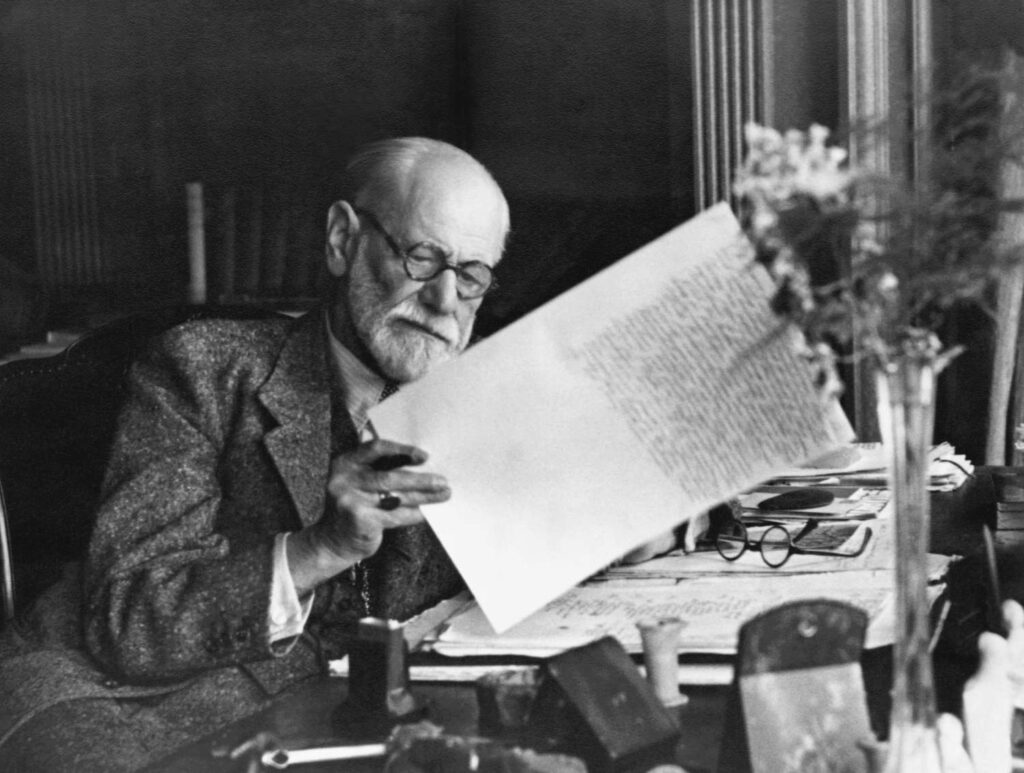
Freud possessed a keen sense of humor and a particular appreciation for wit and clever wordplay. He enjoyed exchanging jokes and humorous anecdotes, finding intellectual stimulation in the subtle nuances of language and the unexpected twists of a good pun. His own writings often contained elements of dry wit.
This appreciation for humor provided a lighter counterpoint to the often weighty and somber topics he explored in his work. He saw wit not just as entertainment, but as a sophisticated form of intellectual engagement. It reflected a mind that valued ingenuity and the playful manipulation of ideas.
10. He valued punctuality above all else.

Punctuality was a deeply ingrained habit for Freud, bordering on an obsession. He ran his daily schedule with military precision, expecting both himself and his patients to adhere strictly to appointment times. Lateness was not tolerated, as he viewed it as a sign of disrespect and a disruption to the therapeutic process.
This meticulous adherence to schedules underscored his disciplined approach to his work and his life in general. He believed that order and predictability were essential for effective psychoanalysis, and this extended to the temporal framework of his sessions. His strictness in this regard highlighted his demand for professionalism from all involved.
11. He rarely traveled far from Vienna.
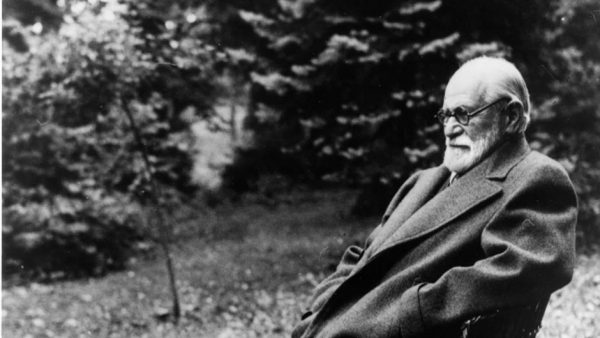
Despite his groundbreaking theories having a global impact, Freud himself rarely ventured far from his beloved city of Vienna. His life was largely centered around his home, his practice, and his intellectual pursuits within the familiar confines of his adopted city. His travels were infrequent and often driven by academic engagements or family visits.
This preference for a settled life in Vienna allowed him to focus intensely on his work without the distractions of extensive travel. The familiar environment provided a stable foundation for his demanding intellectual endeavors. It reflected a deep comfort with his routines and his immediate surroundings.
